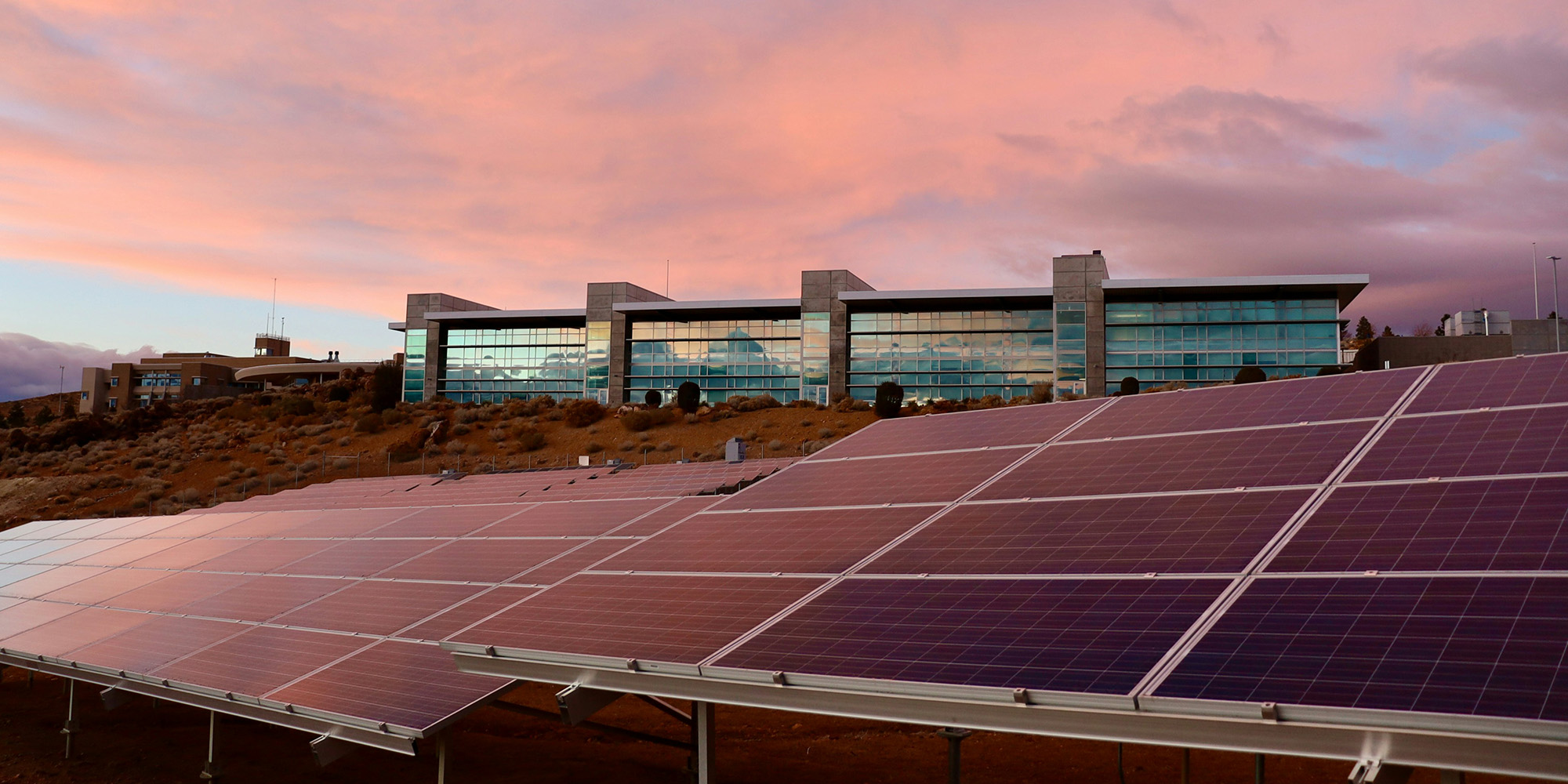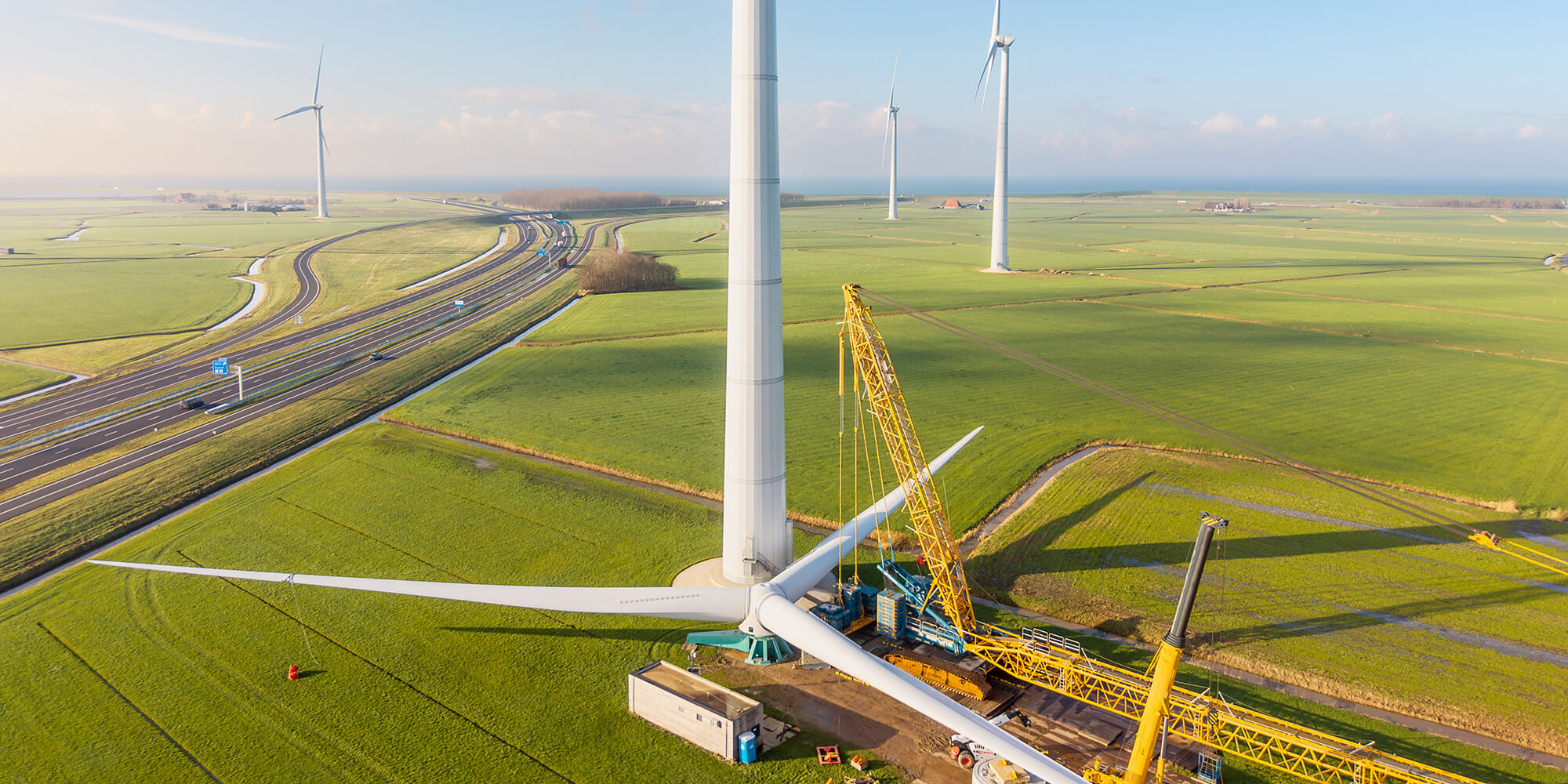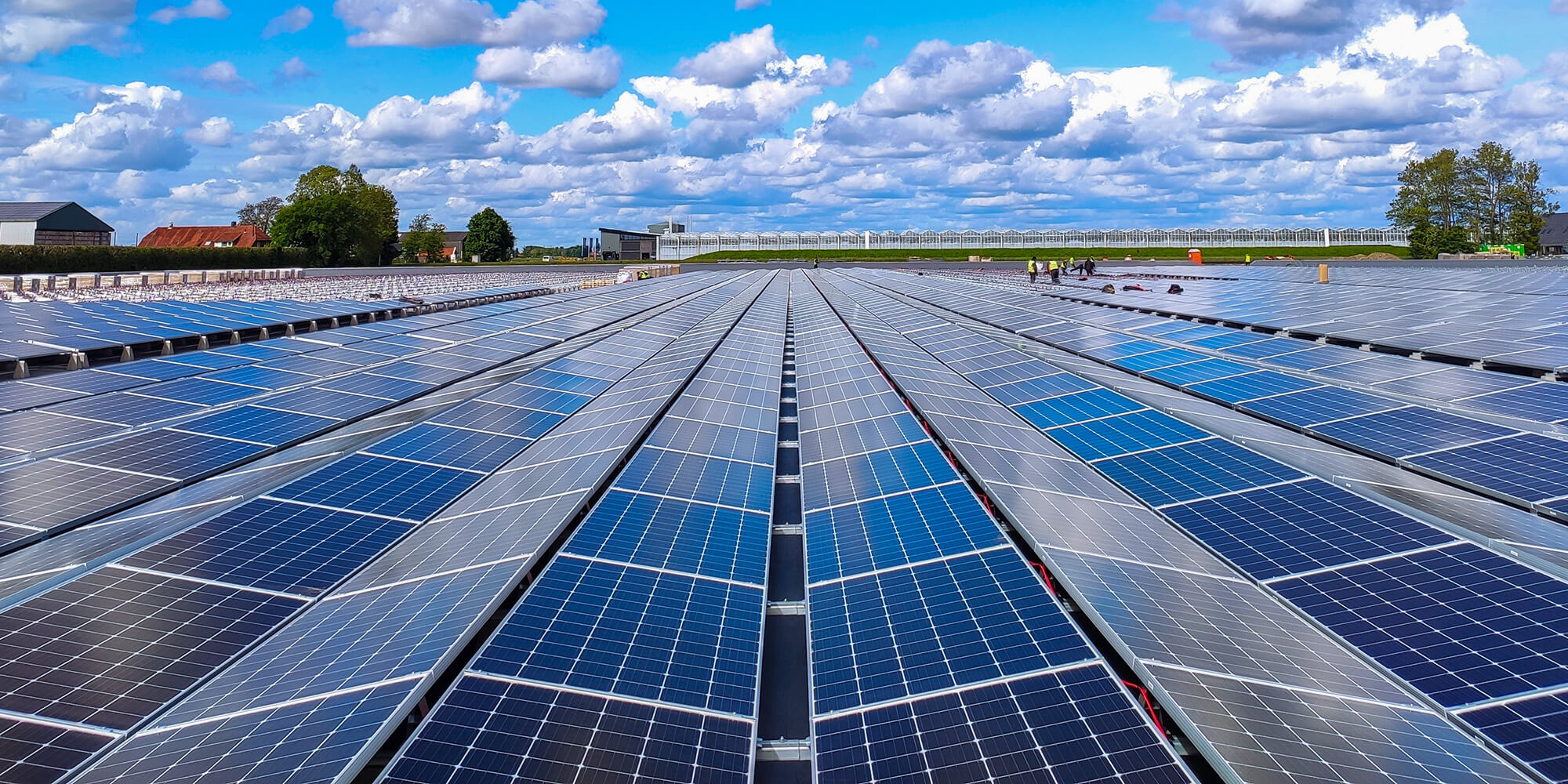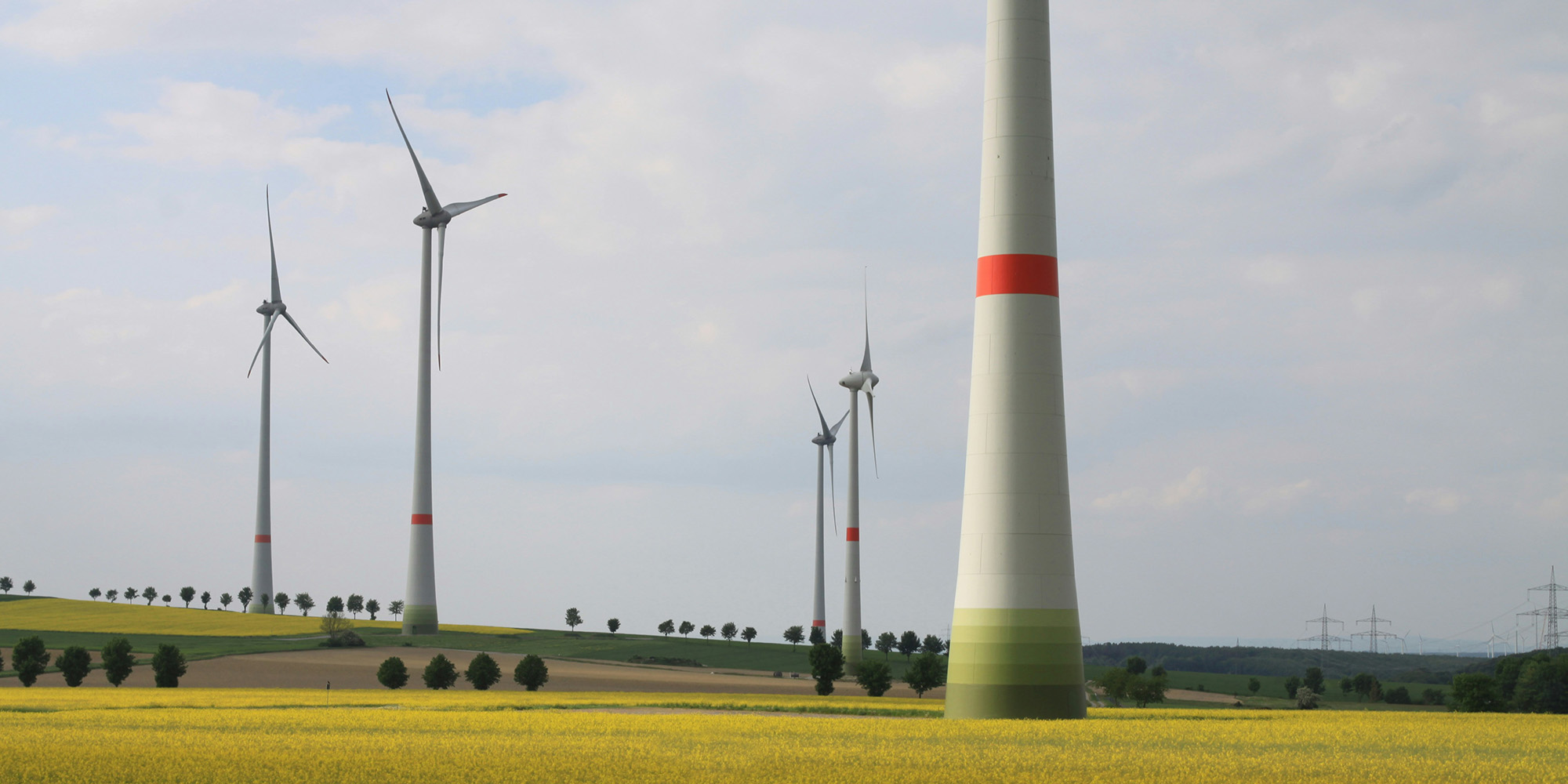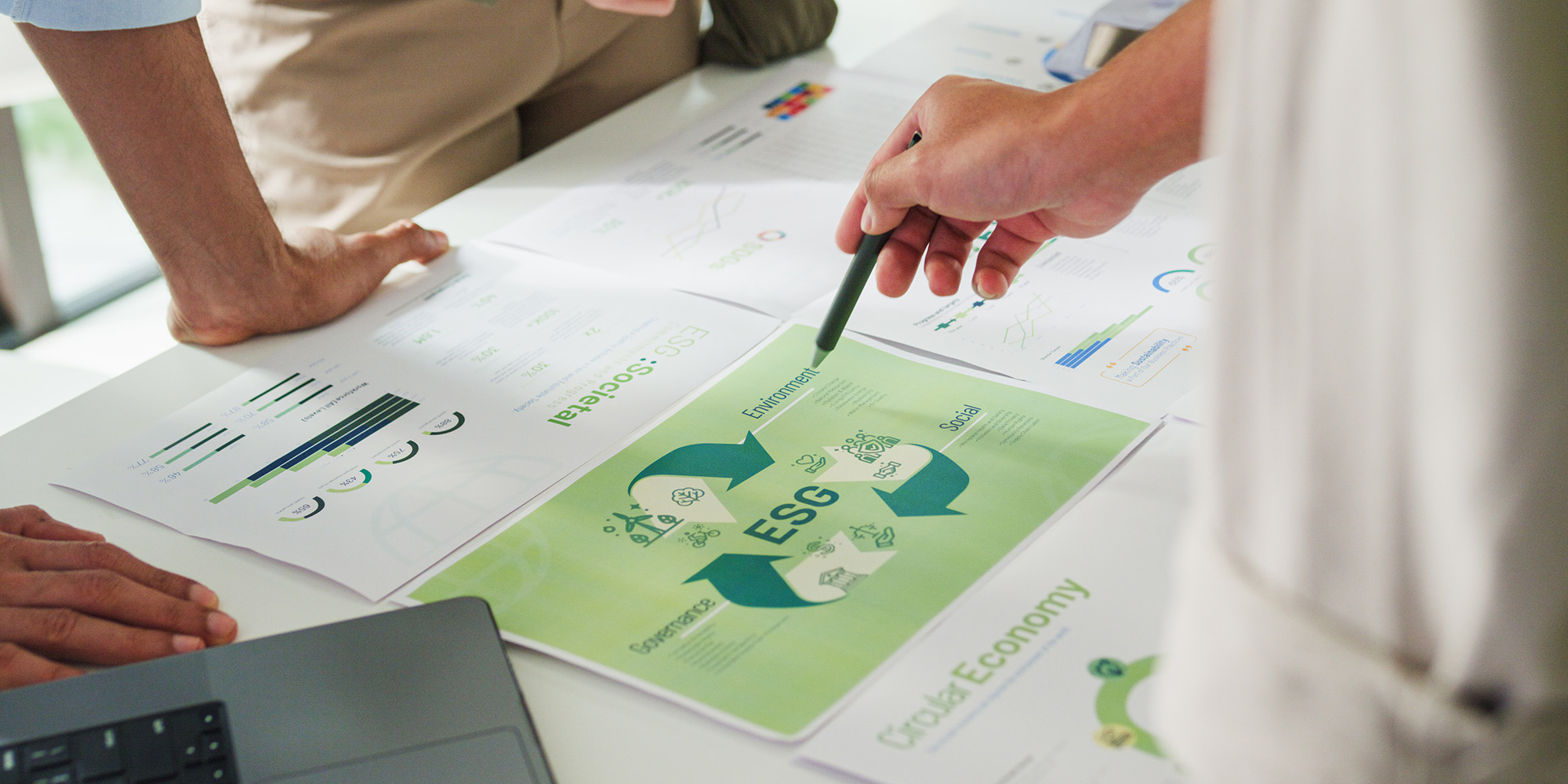Talanoa is a traditional word in Fiji and the Pacific Islands which means a process of inclusive, participatory and transparent dialogue. At the Paris climate conference (COP 21) in 2015, it was agreed that a Talanoa Dialogue would be set up to bring a fresh perspective as details on implementing the Agreement are finalised. The goal is to engage people other than the countries and diplomats who negotiate the agreement – namely civil society, corporates and other organisations – to understand what conditions are needed for ambitious climate action.
The Dialogue is structured around three questions:
- Where are we?
- Where do we want to go?
- How do we get there?
This is a unique opportunity for business to contribute and so we will hold dialogues in Copenhagen, London, Amsterdam, San Francisco and New York City. These discussions will explore what the future of private sector climate action looks like once the Paris Agreement is in place and what the opportunities are to significantly increase private sector action towards net zero emissions.
From our twenty years of work across the spectrum of business responses to climate change, our clients have given us the following observations of the current status of business climate action and its potential evolution: Increasingly companies take climate action that goes beyond regulatory compliance. Together, that action has been one small part of the total emissions reductions delivered. And, this action is growing – more and more corporates see sustainability within a long-term lens, as a key pillar of their strategy. This is because to act sustainably is to drive benefits across the business – in recruitment, retention, operational savings, brand reputation and sales differentiators. We anticipate that a groundswell of companies going further than governments’ targets will have a disproportionate knock-on effect: Not only on the supply chain and employees that these companies directly engage with, but it would also help give those governments the confidence and political legitimacy to increase the ambition of their targets and to put in place stronger measures to ensure their targets are achieved.
The experience we have from our support of our clients’ climate action suggests that Article 6 of the Paris Agreement needs to build on the solid foundation laid by existing emission trading policies in order to support this increase in corporate action. Article 6 can create emission reduction accounting systems of the highest environmental integrity to ensure corporates have the means to achieve net zero at lowest cost and highest positive impact. In addition, our clients’ experiences tell us that increased private sector action towards net zero emissions can be supported by national government recognition, endorsement and rewards.
Our experiences are set out in more detail in our initial submission to the Talanoa Dialogue. But the main aim is for our dialogues to test and build on these observations, following which we will submit a summary document to the UNFCCC in October ahead of December’s UN Climate Change Conference (COP 24).
If you would like to join us please contact Line Riise Jensen in Ecohz at line.jensen@ecohz.com or Alex Watson in Natural Capital Partners at awatson@naturalcapitalpartners.com to find out more.
This blog was originally published on Natural Capital Partners’ website and is republished with permission.


.png?width=3840&height=2560&name=Sun(1).png)

.png?width=3840&height=2560&name=Landscape_2(1).png)
